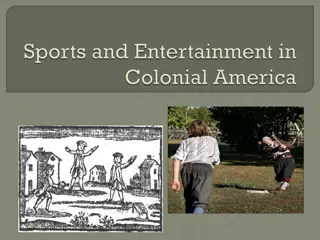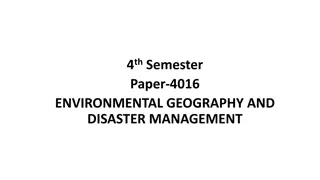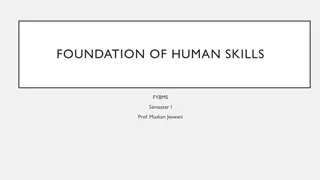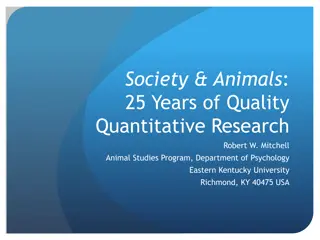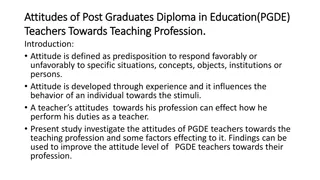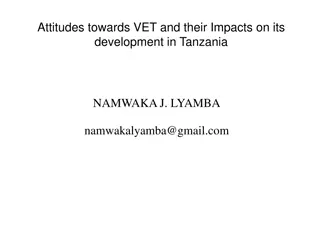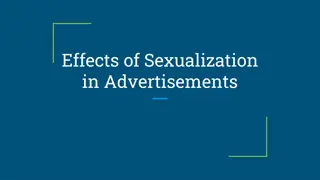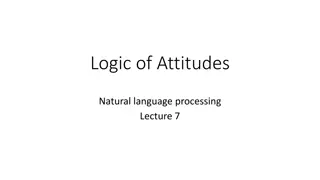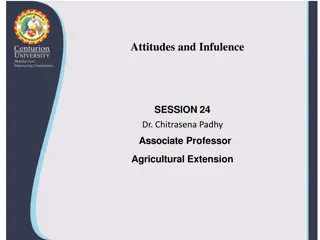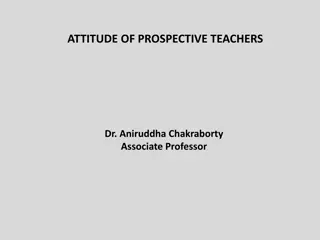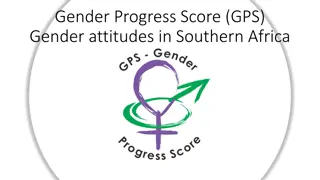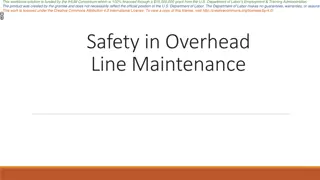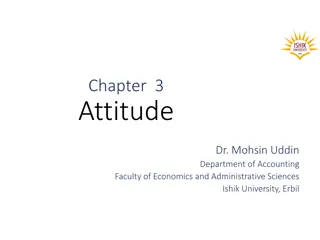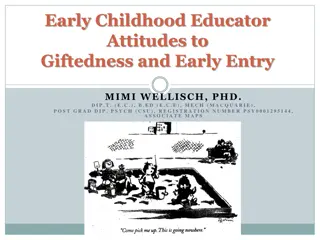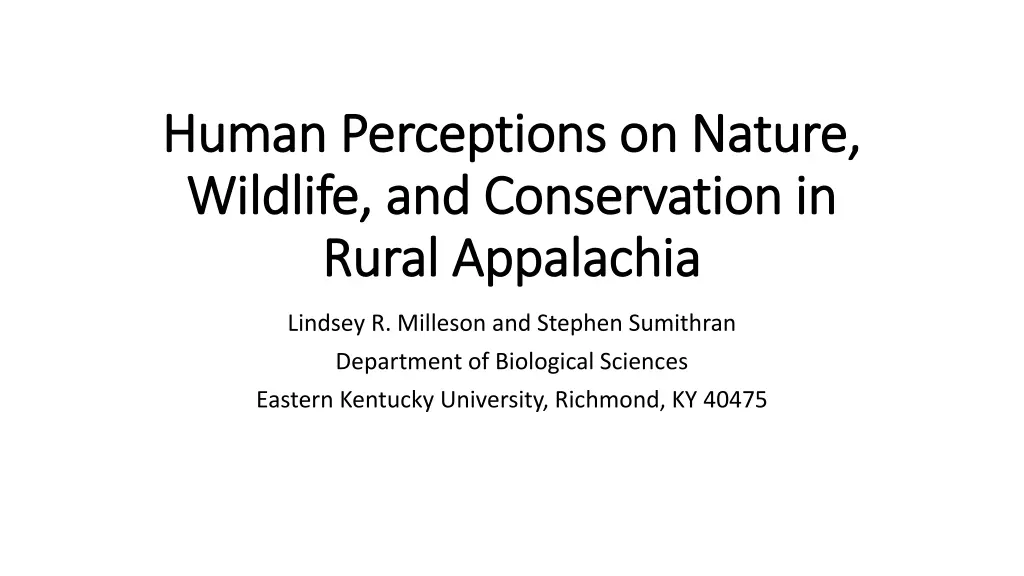
Human Perceptions on Nature and Conservation in Rural Appalachia
Explore a study on human perceptions towards nature, wildlife, and conservation in rural Appalachia, specifically focusing on Martin County in far-eastern Kentucky. The research delves into public attitudes, conducted through questionnaires, shedding light on the importance of conserving nature for future generations.
Download Presentation

Please find below an Image/Link to download the presentation.
The content on the website is provided AS IS for your information and personal use only. It may not be sold, licensed, or shared on other websites without obtaining consent from the author. If you encounter any issues during the download, it is possible that the publisher has removed the file from their server.
You are allowed to download the files provided on this website for personal or commercial use, subject to the condition that they are used lawfully. All files are the property of their respective owners.
The content on the website is provided AS IS for your information and personal use only. It may not be sold, licensed, or shared on other websites without obtaining consent from the author.
E N D
Presentation Transcript
Human Perceptions on Nature, Human Perceptions on Nature, Wildlife, and Conservation in Wildlife, and Conservation in Rural Appalachia Rural Appalachia Lindsey R. Milleson and Stephen Sumithran Department of Biological Sciences Eastern Kentucky University, Richmond, KY 40475
Introduction Human dimensions are a critical part of wildlife management Understanding the public s attitudes towards the environment helps create and fund management plans, increases knowledge, and encourages successful coexistence between humans and wildlife To the best of our knowledge, no human perceptions studies on the environment have been conducted in eastern Kentucky.
Study Area Conducted in far eastern Kentucky Primary focus was Martin County Martin County s population was 11,195 in 2019 with 34.4% in poverty
Methods Questionnaire Paper and Online format Distributed at grocery stores, gas stations, and other businesses EKU Institutional Review Board Protocol Approval #4022
Methods Contd. For data analysis, we focused on question 5 which contains 12 perception statements such as it is important to conserve nature for our children and generations to come Participants responded on a 5-point Likert scale We calculated the mean, standard error, chi-square, and p-value for each statement
Results 119 Respondents 73% of Respondents from Martin County 7% of Respondents from Floyd County 6% of Respondents from Lawrence County
Results Contd. 36% of Respondents were between 20-29 years old 22% of Respondents were between 50-59 years old 14% of Respondents were between 40-49 years old
Statement 1. It is important to conserve nature for our children and generations to come 2 = 103.49 p < 0.00001
Statement 2: Natural resources like coal must be developed even if the loss of wilderness results in much smaller wildlife populations 2 = 20.48 p = 0.0004
Statement 3: Wildlife populations should not be managed by humans 2 = 20.96 p = 0.00032
Statement 4: Trophy hunting is inhumane 2 = 8.47 p = 0.07
Statement 5: Wildlife do not have the ability to feel emotions (i.e. fear, sadness, happiness) 2 = 45.03 p < 0.00001
Statement 6: Humans have the right to use animals as we see fit 2 = 22.94 p = 0.00013
Statement 7: Ecotourism activities such as educational nature hikes would be beneficial to my community 2 = 59.36 p < 0.00001
Statement 8: Forests in my area are in good condition 2 = 30.62 p < 0.00001
Statement 9: Ecotourism is key to developing the local economy 2 = 45.99 p < 0.00001
Statement 10: Coal mining is key to developing the local economy 2 = 15.40 p = 0.0039
Statement 11: Protection of wildlife is a good thing 2 = 74.49 p < 0.00001
Statement 12: I benefit from wildlife 2 = 64.22 p < 0.00001
Discussion Overall, the respondents showed a strong desire to conserve and protect the local environment The respondents had strong support for ecotourism One limitation of this study is that attitudes and behaviors do not always align (Nilsson et al. 2019). One of the main problems in conservation is altering human behavior such as poaching and overexploitation
Conclusion These results can be beneficial in Appalachia for implementing ecotourism, involving the public in management decisions, and knowing what conservation ideas will gain public support.


